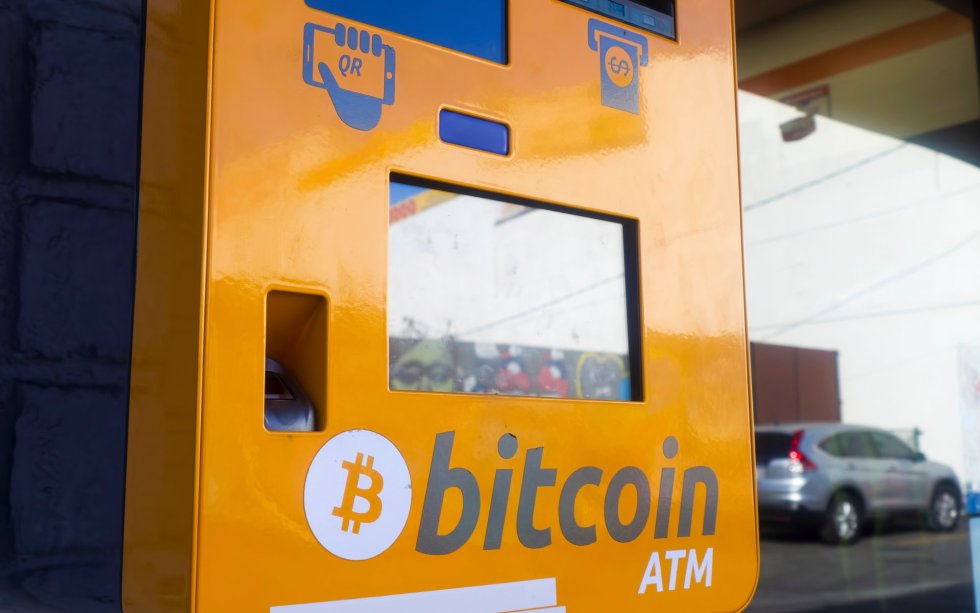The number of Bitcoin ATMs has risen by around 50% in 2019 to hit a total of 6384 according to CoinATMRadar. But have you ever met a person who actually uses one, and if so, who, and why?
Who Is Using All These Bitcoin ATMs?
December 2019 was a momentous month for many reasons, perhaps one of the least reported being the record number of new Bitcoin-ATM installations. At 338, this smashed through the previous all-time high of 294 set in August of this year. These are pretty expensive contraptions, so it would follow that they are being deployed to fulfil user demand.
But where does this demand (and these users) actually come from? They certainly aren’t the best proposition for most Bitcoin users, and in some jurisdictions are becoming increasingly less so.
The Problem With Bitcoin ATMs
To be fair, I have used a Bitcoin-ATM myself, although that was back in 2015. I needed a bit of cash quickly and selling some bitcoin seemed like the best solution… and there was also the slight novelty factor of using the ATM. The process was simple enough; make a transfer and get a printed QR code, then return in half an hour to pick up the cash.
I could have done without having to wait around, but it wasn’t a deal breaker. That came when I realised the size of the fee I had paid. I’d be lying if I said I remember what it was, but it put me off ever using one again.
The Other Problems
With high fees making a significant dent in the funds received/paid there must be another compelling reason to use a Bitcoin ATM. Could it be the anonymity offered by a simple walk up machine over registering?
Well, in some cases, yes, but in the United Stated the machines are now considered Money Services Businesses, which means that they must enforce the same anti-money laundering (AML) and know-your-customer (KYC) procedures as exchanges. Whether all of them do adhere to such regulations is another matter.
With a third of the total number of Bitcoin-ATMs situated in the United States, anonymity is clearly not a factor. The burdensome KYC process will likely also put off those who may otherwise use the machines just to ‘try them out’, or for the same novelty factor that I did.
Which leaves people either in desperate need of cash, or with a wad of cash burning a hole in their pocket, and who want to swap it for bitcoin asap.
The Rest Of The World
AML/KYC rules are not so strict everywhere in the world, and Bitcoin ATMs are used quite differently in less wealthy countries. As Bitcoinist has reported, in countries such as Venezuela and Argentina where hyper-inflation has been eroding the value of cash, Bitcoin use has soared. Citizens are using bitcoin to hedge against inflation. Bitcoin ATMs then become an invaluable way of turning that into cash when needed.
Caracas welcomed its first Bitcoin ATM in January this year, and according to CoinATMRadar there are now 6 machines in the country… or perhaps still just one, depending where on the site you look.
Reliable statistics on where Bitcoin ATMs are located (and still in use) can be another hindrance.
The Other Other Problem With Bitcoin ATMs
On top of all that, Bitcoin ATMs are also used by scammers as an easy way to part people and their money.
An Australian scam saw $50,000 purloined, after people were asked to pay off non-existent tax debt through Bitcoin ATM machines. A Canadian con artist was even more audacious, simply sticking an ‘out of order’ sign onto a number of Bitcoin ATMs in Winnipeg. The sign explained that users should actually send their bitcoin using a QR code printed on it.
Needless to say, anyone falling for one of these tricks is unlikely to use one of the machines again.
Yet still they continue to spread. If you (or anyone you know) uses one regularly then please comment below and explain why.
Have you ever used a Bitcoin ATM? Let us know in the comment section below.
Images via Shutterstock
